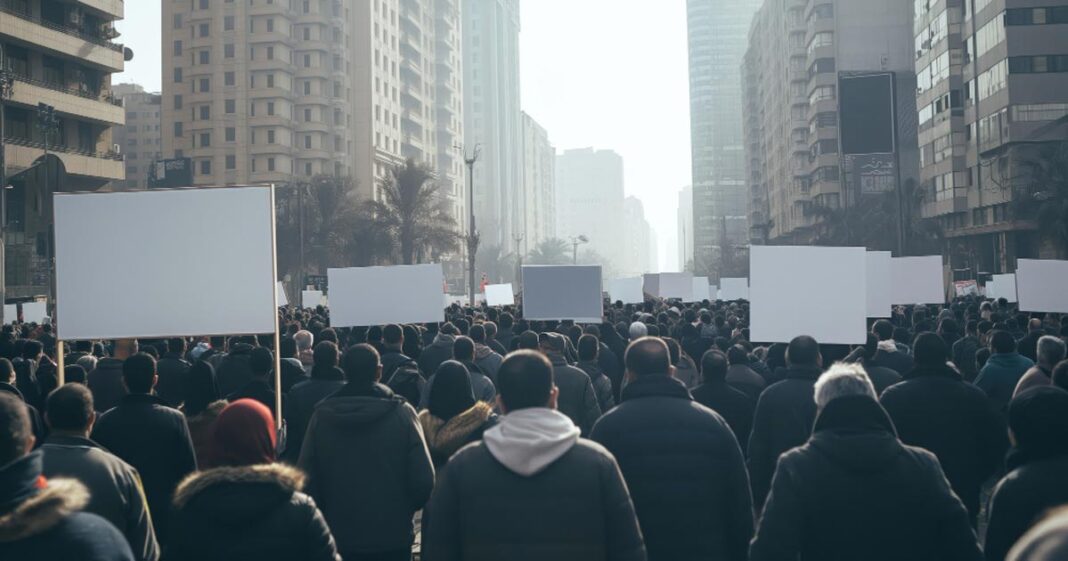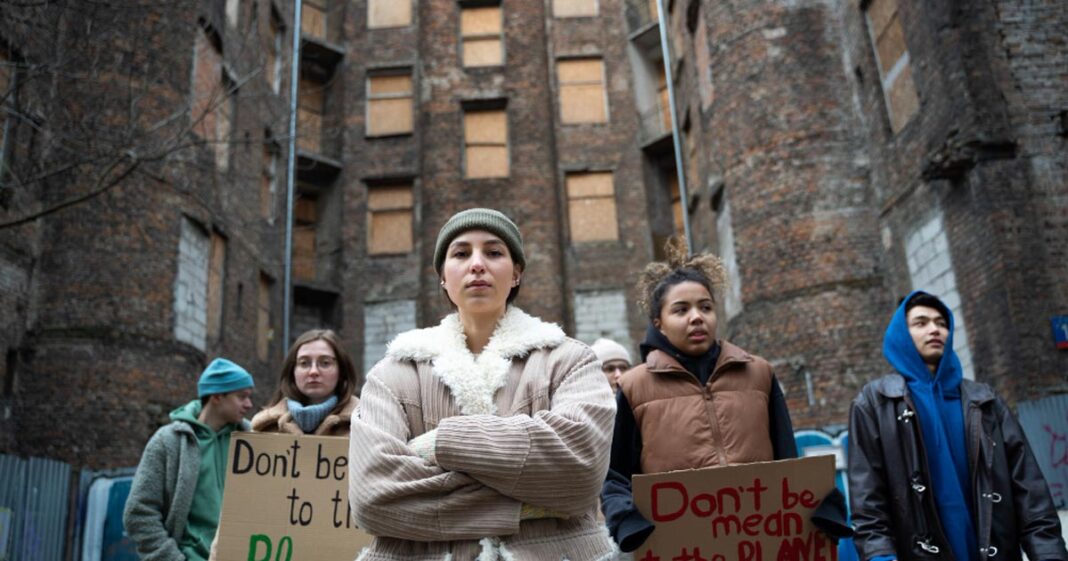Introduction
Political polarization has become one of the defining challenges of modern democracies. As ideological divisions deepen, societies face growing tensions, legislative gridlock, and declining public trust in institutions. While some level of political disagreement is natural and even necessary for democratic debate, extreme polarization can weaken governance and erode social cohesion. This article examines the causes of political polarization, its impact on society and governance, and potential strategies to bridge ideological divides.
Understanding Political Polarization
Political polarization refers to the growing ideological gap between different political groups, often leading to increased hostility and reduced willingness to compromise.
Types of Polarization
- Issue-Based Polarization – When political divisions center around specific policies, such as healthcare or climate change.
- Affective Polarization – When political opponents view each other as enemies rather than as fellow citizens with differing opinions.
- Elite vs. Mass Polarization – When polarization exists among political leaders (elite) and spreads to the general public (mass).
Causes of Political Polarization
Several factors contribute to the increasing divide in political beliefs and behaviors.
1. Media and Echo Chambers
– The rise of partisan media outlets and social media algorithms reinforces pre-existing beliefs, reducing exposure to diverse perspectives.
– Example: Studies show that people who consume primarily conservative or liberal news tend to develop stronger biases.
2. Identity Politics
– Political ideologies are increasingly tied to personal identity, making political debates more emotional and divisive.
– Example: In the U.S., party affiliation is now closely linked to cultural and religious beliefs, deepening divides.
3. Economic and Social Inequality
– Rising inequality fuels resentment and radicalization, as people feel disconnected from political decision-making.
– Example: In many countries, rural and urban populations have diverging political priorities, leading to geographic polarization.
4. Partisan Gerrymandering
– Manipulation of electoral district boundaries allows parties to secure power with less competition, reinforcing divisions.
– Example: Gerrymandering in the U.S. has created “safe” districts where candidates cater only to their political base.
5. Misinformation and Conspiracy Theories
– False narratives spread online can deepen mistrust in opposing political groups and institutions.
– Example: The spread of election fraud claims has contributed to democratic instability in several nations.
Effects of Political Polarization
1. Legislative Gridlock and Policy Stalemates
– When parties refuse to cooperate, essential policies get delayed or blocked.
– Example: The U.S. government shutdowns in recent years highlight how extreme partisanship can halt governance.
2. Decline in Public Trust and Democratic Institutions
– Polarization erodes faith in democratic institutions, leading to lower voter participation and increased political violence.
– Example: The storming of the U.S. Capitol in 2021 demonstrated the dangers of deep political divisions.
3. Social Fragmentation and Civil Unrest
– Deep ideological divisions can result in hostility between communities, reducing national unity.
– Example: Protests and counter-protests in Brazil following the 2022 election showcased extreme political distrust.
4. Rise of Populism and Authoritarian Tendencies
– Extreme polarization can pave the way for populist leaders who exploit divisions to consolidate power.
– Example: Leaders like Viktor Orbán in Hungary have used polarization to justify curbing press freedom and judicial independence.
Case Studies of Political Polarization
1. The United States
– Partisan divides have intensified over issues like immigration, gun control, and healthcare.
– The Democratic and Republican parties have become more ideologically rigid, making bipartisan cooperation difficult.
2. The United Kingdom (Brexit)
– The 2016 Brexit referendum divided the country along political, economic, and generational lines.
– Years of debate and protests delayed the UK’s exit from the European Union, highlighting governance challenges.
3. India’s Religious and Political Divide
– Polarization along religious and ethnic lines has influenced voting patterns and social unrest.
– The rise of nationalist rhetoric has led to tensions between religious communities and increased violence.
Strategies to Reduce Political Polarization
While polarization is a global challenge, several approaches can help bridge ideological divides and restore healthy political discourse.
1. Media Literacy and Exposure to Diverse Perspectives
– Encouraging critical thinking and balanced media consumption can help reduce misinformation.
– Social media platforms can promote cross-party discussions rather than reinforcing echo chambers.
2. Electoral Reforms
– Implementing ranked-choice voting can encourage candidates to appeal to broader audiences rather than extreme factions.
– Example: Maine (USA) has successfully adopted ranked-choice voting to reduce polarization in elections.
3. Strengthening Civic Education
– Teaching young people about democratic values, civil discourse, and fact-based discussions can foster political tolerance.
– Example: Scandinavian countries emphasize civic education, leading to more informed and engaged citizens.
4. Promoting Bipartisan Initiatives
– Encouraging political leaders to collaborate on common issues can set a precedent for cooperation.
– Example: Climate change policies have seen bipartisan support in Canada despite political differences.
5. Grassroots Community Engagement
– Civil society organizations can facilitate dialogue between people of different political ideologies.
– Example: The “Braver Angels” initiative in the U.S. hosts workshops where conservatives and liberals engage in respectful discussions.
Future Outlook: Can We Overcome Political Polarization?
While the trend of increasing polarization is concerning, efforts to rebuild trust, encourage respectful dialogue, and reform political processes offer hope. As democracies navigate these challenges, fostering an informed and engaged citizenry will be crucial in bridging divides and ensuring stable governance.
Conclusion
Political polarization presents significant challenges to both governance and social cohesion. However, through media literacy, electoral reforms, civic education, and bipartisan efforts, societies can work towards reducing ideological divisions. Addressing polarization requires a collective effort from governments, media organizations, and citizens to uphold democratic values and promote constructive political discourse.






